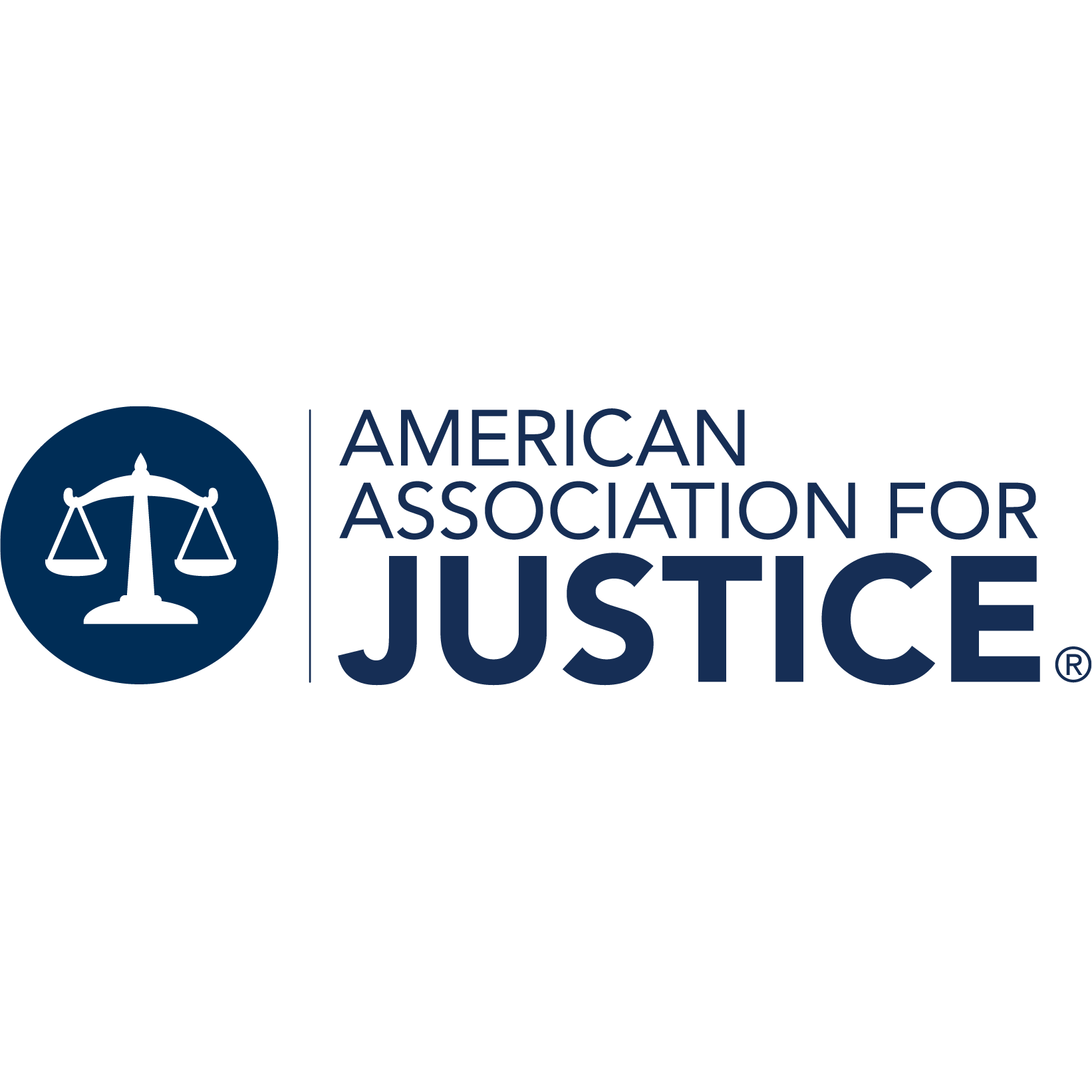Our firm has achieved some of the highest judgments and settlements under the Federal Tort Claims Act across multiple states. With a track record of setting legal benchmarks nationwide, we are committed to delivering exceptional outcomes for our clients.

Ftca (Federal Tort Claims Act) Attorneys
When wrongdoing is committed that results in property damage or personal injury, the common remedy is to seek restitution from the responsible party in a court of law. The injured party typically seeks restitution to pay for the cost to replace property, receive medical care, and pay bills while they are unable to work. If the incident causes permanent disability or death, the injured party may seek to recover compensation to cover costs for future medical care and future lost earnings.
However, when personal injury or property damage occurs because of the negligence of a federal employee, the path to a legal resolution is different. When an employee or agent of the federal government or a federal agency, acting within the scope of their employment, commits a negligent, wrongful, or injurious act or omission, the Federal Tort Claims Act (FTCA) says the liability for the tort does not lie with the individual, but instead with the U.S. government.


Across the United States
Achieving Justice Nationwide with Unparalleled Verdicts and Settlements
National Trial Law has a storied history of securing landmark verdicts and settlements across the United States. Notable achievements include a $230 million judgment for survivors of the Sutherland Springs Church mass shooting, a $44.7 million trial judgment for a birth injury at an Air Force hospital, and a $21.5 million verdict for a veteran who suffered catastrophic brain damage due to malpractice at the Manchester VA Hospital—the largest personal injury award in New Hampshire history. These results underscore the firm's dedication to holding institutions accountable and delivering justice for their clients.
-
Record-Setting $230,000,000
Trial Win Sutherland Springs Mass Shooting
Highest Verdict and Settlement in FTCA History -
Record-Setting $44,717,681
Trial Win Air Force Birth Injury -
Record-Setting $21,592,643
Trial Win VA Medical Malpractice -
Record-Setting $10,500,000
Settlement VA Medical Malpractice
What Is the Statute of Limitations in an FTCA Case?
The FTCA allows injured people to recover money damages when a federal employee causes an injury. The FTCA applies to medical malpractice committed by federally employed health care providers. Victims of medical malpractice must bring claims within a limited time under the FTCA. How long do you have before your statute of limitations expires?
The statute of limitations on FTCA cases is two years. So, to prove negligence, the injured party must file a claim with the appropriate federal agency within two years of the injury or death. It is critically important to file your claim as soon as possible after the injury.
Filing the Initial Administrative Claim
In some respects, Federal Tort Claims Act medical malpractice cases are quite different from ordinary tort cases. Before you can file an FTCA lawsuit, you must first file an initial claim with the appropriate government agency. Moreover, in such a case, the injured party may not file a lawsuit against the government until he or she has exhausted all administrative remedies.
An injured party may file a claim by completing Standard Form 95. You are not required by the federal government to use Standard Form 95 to submit your claim, but it provides an easy format that collects all the required information.
Your personal injury claim must be filed with the federal agency responsible for the injury and, as stated previously, it must be submitted within two years after the claim accrues. Part of the required information that must be submitted for your claim form to be considered is a claim for money damages in a specific, or “sum certain” amount. This is the amount claimed for wrongful death, personal injury, or loss/damage of property. Without the sum certain, a claim is not considered valid.
Missteps happen easily when it comes to filing an administrative claim with the government. Many people choose to obtain the help of experienced federal tort attorneys to navigate this process. The federal tort attorneys at National Trial Law have decades of experience representing injured persons at the administrative claim stage and throughout trial in federal courts all over the United States.
Tort Attorneys With Proven Experience
Our federal tort attorneys have a strong record of success in serious personal injury cases in which the negligent party is an agent of the government. In fact, our firm obtained two of the largest Federal Tort Claims Act medical malpractice judgments in United States history.
Sutherland Springs Mass Shooting
Our attorneys led the charge in a $230m judgment for victims of the Sutherland Springs mass shooting. After a complex, two part trial, federal Judge Xavier Rodriguez found the United States Air Force 60% at fault and ordered them to pay $230 million in damages to survivors and family of the mass shooting.
In July, the federal judge determined that the military was 60% at fault in the shooting. Our attorneys successfully argued that had the shooter’s violent history been disclosed to the FBI, the shooting would have been prevented. United States Attorneys argued that they were 0% liable for the mass shooting.
During trial in November, the federal government offered $31 million in total to the victims of their families. The sum was less than 10% of the $400 million requested by families and victims. National Trial Law attorneys including Jamal Alsaffar and Tom Jacob asked the federal judge to take emotional damages just as seriously as physical damages.
For more information about this case, click here.
Dickerson v. U.S., an FTCA medical malpractice birth injury case resulted in a $44.71 million trial judgment, reduced to $20 million after appeal, in which our clients received $15.75 million after attorneys’ fees and case expenses. Lebron v. U.S., another FTCA medical malpractice birth injury case resulted in a $32.67 million trial judgment, reduced to $23.25 million after appeal, in which our clients received $18.96 million after attorneys’ fees and case expenses.
Types of FTCA Cases
Federal Tort Claims Act cases can involve several areas of personal injury law. The Act applies when someone is injured in one of the following ways:
- Military Base Hospitals Medical Malpractice. Patients harmed by negligence or error while receiving medical care on base or at a military medical facility are eligible to file a medical malpractice claim under the FTCA.
- Veterans Affairs (VA) Malpractice. Those who received poor care that led to serious injury or illness at a VA medical facility may file an FTCA claim for medical malpractice.
- Military Truck or Vehicular Wreck. Injuries sustained as the result of a collision with a vehicle owned by the U.S. government are covered by the act as well. This includes military vehicles, postal trucks, and other government-owned vehicles operated by an employee or agent of the U.S. Government while in the course of their employment.
- Medical Malpractice at a Federally Funded Clinic. There are thousands of clinics across the nation that receive funding from the U.S. Department of Health and Human Services. Medical malpractice claims that arise out of the negligence of a provider at such a clinic who is deemed an employee of the federal government are subject to an FTCA claim.
- Premises Liability on Federal Property. Depending on the circumstances, persons injured on federal government property (e.g., a federal courthouse, office building, or post office) due to the negligence of a government employee may be able to recover damages under the FTCA.
- Injury Caused by a Federal Government Agency or Entity. If you are injured by an employee of an agency of the federal government or another such entity (e.g., FBI, NTSB) in the scope of employment, you can file a federal tort claim.
- Vehicle Accident Involving Federal Employee. If you are injured by a vehicle driven by an employee of the government, you can file a claim under the FTCA.
- Personal Injury by Federal Employee. Any other type of unintentional injury not otherwise mentioned above but caused by the negligence of a U. S. government employee would also fall under the umbrella of the FTCA.
What Sets Us Apart
-
PEER APPROVED
More attorneys named Super Lawyers by Thomson Reuters in the “Personal Injury Medical Malpractice: Plaintiff” category in 2014, 2015, 2016, 2017, 2018, 2019, 2020, 2021, 2022, 2023, 2024, and 2025, than any other law firm in Texas (Bill Whitehurst, Chip Brees, Michelle Cheng, Jamal Alsaffar, Laurie Higginbotham and Tom Jacob)
-
RECORD-SETTING RESULTS NATIONWIDE
-
TEXAS ROOTS
Founded in Austin with more than 50 years of trial experience.
-
NATIONAL REACH
National results in complex personal injury litigation.
-
DEEP BENCH
Many experienced lawyers ready to serve you.
-
SE HABLA ESPAÑOL
Our team has multiple Spanish speaking staff members.





.2504041633274.png)




